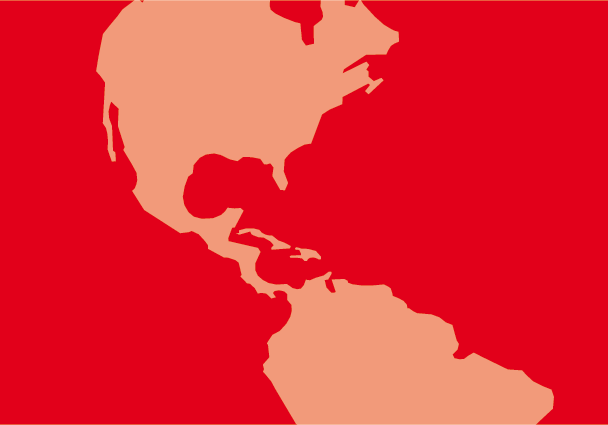The ICJ deplores the summary execution on 11 April of three men who reportedly participated in the hijacking of a Cuban ferry on 2 April 2003.
The entire range of legal proceedings against Lorenzo Enrique Copello Castillo, Bárbaro Leodán Sevilla García and Jorge Luis Martínez Isaac, including trial, appeal to the Supreme Court and appeal to the Council of State occurred over a period of several days, after which they were executed by firing squad. The proceedings were carried out in a summary manner, without due process of law.
“Although little is known about the procedures, because of the secretive manner in which they were conducted, this inconceivably narrow time frame in a capital case on its face constitutes a denial of the right to a fair trial under internationally recognised standards,” commented Ian Seiderman, ICJ Legal Adviser.
The three men were reportedly convicted under antiterrorism legislation adopted in 1991. Their execution by the Cuban authorities constitutes but the latest incident within a growing trend among many states to use the fight against terrorism as a pretext to short circuit fundamental human rights obligations.
“Between the continuing arbitrary and unlawful detention of more than 600 persons by the United States in Guantanamo Bay and these executions and recent mass arrests in Cuba of persons for political reasons, the island of Cuba seems of late to be an incubator for gross human rights violations committed in the name of countering terrorism,” said Ian Seiderman.
The ICJ is also deeply disappointed at Cuba’s decision to end a three-year de facto moratorium on the use of the death penalty. The ICJ considers the application of the death penalty to constitute a violation of the right to life and, accordingly, seeks its abolition world-wide.
_____
La CIJ condena ejecuciones sumarias en Cuba
La Comisión Internacional de Juristas (CIJ) deplora la ejecución sumaria el 11 de abril de Lorenzo Enrique Copello Castillo, Bárbaro Leodán Sevilla García y Jorge Luis Martínez Isaac, quienes presuntamente participaron en el secuestro de un ferry cubano el 2 de abril de 2003.
Todos los procedimientos legales contra los tres hombres, incluidos el juicio, la apelación a la Corte Suprema y la apelación al Consejo de Estado tuvieron lugar en el transcurso de varios días, después de lo cual fueron ejecutados por un pelotón de fusilamiento. Los procedimientos fueron sumarios, sin respeto por el debido proceso.
“A pesar de lo poco que se sabe acerca de los procedimientos, debido al hermetismo que los rodeó, el inconcebible corto período en un caso de pena de muerte prueba claramente que constituye una negación del derecho a un juicio justo bajo normas reconocidas internacionalmente”, comentó Ian Seiderman, Asesor Jurídico de la CIJ.
Los tres hombres fueron aparentemente condenados bajo la legislación antiterrorista adoptada en 1991. Esta ejecución por la autoridades cubanas constituye sólo el último incidente en una creciente práctica de muchos Estados de utilizar la lucha contra el terrorismo como pretexto para circunvalar obligaciones fundamentales de derechos humanos.
“Entre la continua detención arbitraria e ilegítima por los Estados Unidos de más de 600 personas en la Bahía de Guantánamo y estas ejecuciones y los recientes arrestos en masa por razones políticas, la Isla de Cuba parece ser una incubadora de flagrantes violaciones de derechos humanos cometidas en nombre del combate contra el terrorismo”, dijo Ian Seiderman.
La CIJ está asimismo decepcionada con la decisión de Cuba de terminar una moratoria de facto de tres años en el uso de la pena de muerte. La CIJ considera la aplicación de la pena de muerte como una violación al derecho a la vida y, consecuentemente, busca su abolición en todo el mundo.
Cuba-summary executions-press release-2003-eng (text in English, PDF)
Cuba-summary executions-press release-2003-spa (text in Spanish, PDF)




